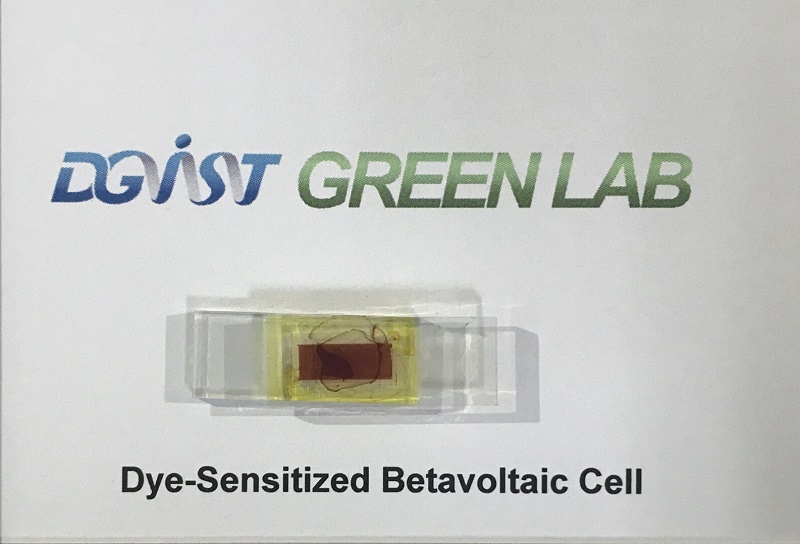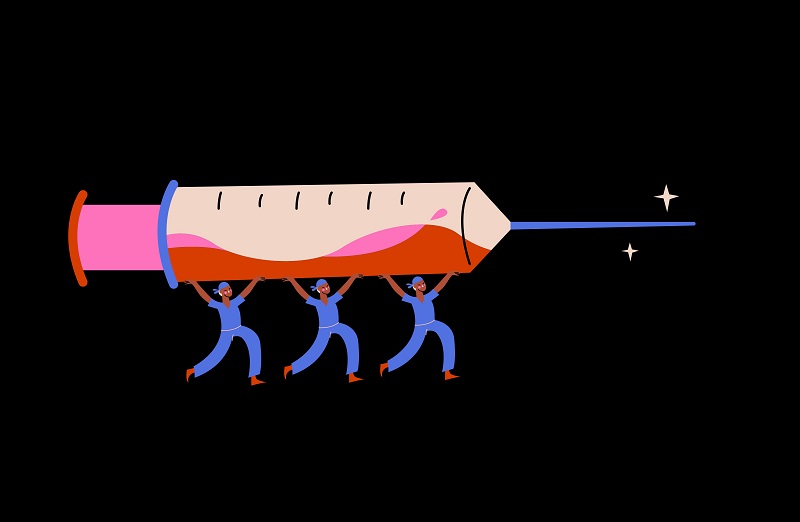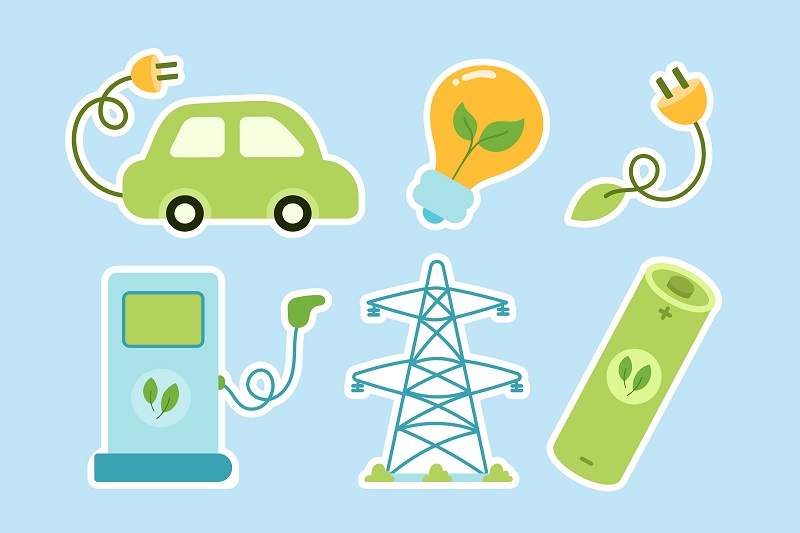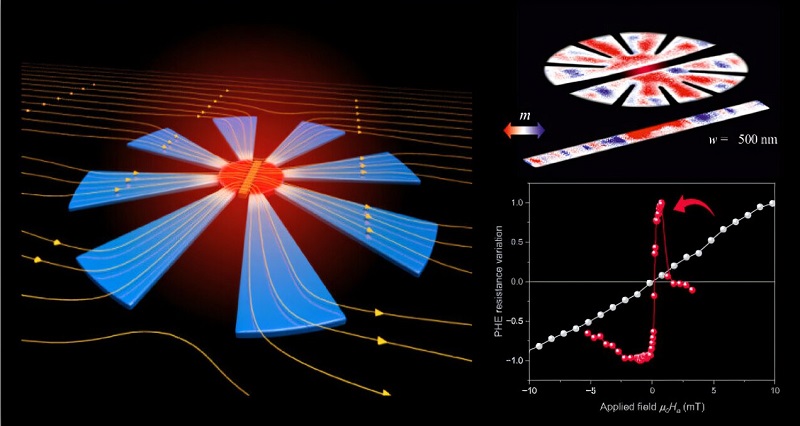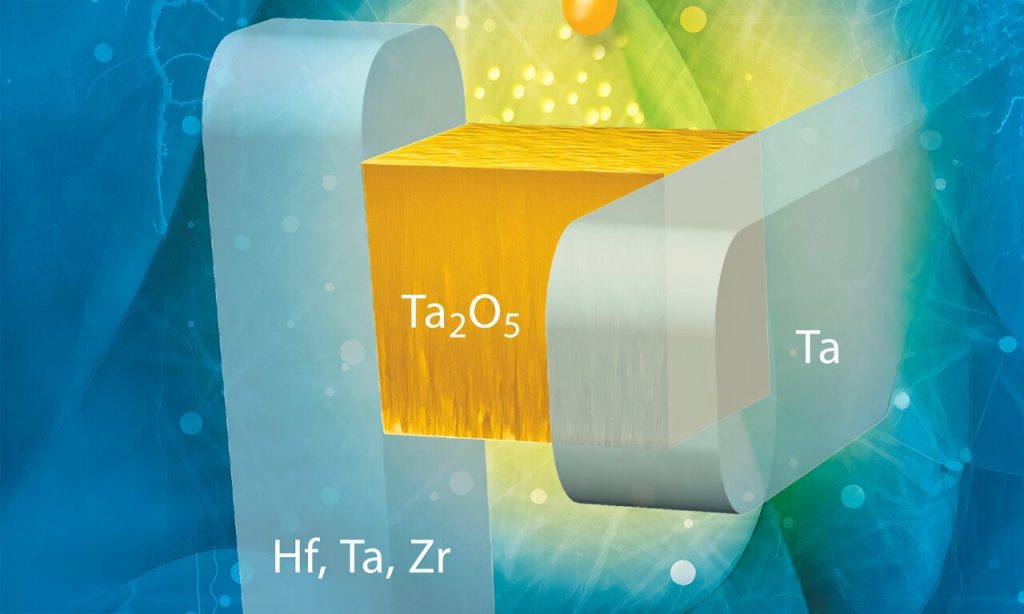Sometimes cell phones die sooner than expected or electric vehicles don't have enough charge to reach their destination. The rechargeable lithium-ion...
Vous n'êtes pas connecté
- English
- Français
- عربي
- Español
- Deutsch
- Português
- русский язык
- Català
- Italiano
- Nederlands, Vlaams
- Norsk
- فارسی
- বাংলা
- اردو
- Azərbaycan dili
- Bahasa Indonesia
- Հայերեն
- Ελληνικά
- Bosanski jezik
- українська мова
- Íslenska
- Türkmen, Түркмен
- Türkçe
- Shqip
- Eesti keel
- magyar
- Қазақ тілі
- Kalaallisut ; kalaallit oqaasii
- Lietuvių kalba
- Latviešu valoda
- македонски јазик
- Монгол
- Bahasa Melayu ; بهاس ملايو
- ဗမာစာ
- Slovenščina
- тоҷикӣ ; toğikī ; تاجیکی
- ไทย
- O'zbek ; Ўзбек ; أۇزبېك
- Tiếng Việt
- ភាសាខ្មែរ
- རྫོང་ཁ
- Soomaaliga ; af Soomaali
 Maroc - KNOWRIDGE.COM - A La Une - 28/Mar 14:57
Maroc - KNOWRIDGE.COM - A La Une - 28/Mar 14:57
This tiny nuclear battery could last a lifetime
New tech could power phones, pacemakers, and more—without ever needing a charge What if your phone never needed charging? Or your car battery lasted for decades? A team of scientists in South Korea is working on a new kind of battery that could make that possible—using safe nuclear power. Professor Su-il In from Daegu Gyeongbuk […] The post This tiny nuclear battery could last a lifetime appeared first on Knowridge Science Report.
Articles similaires
A safe nuclear battery that could last a lifetime
Sometimes cell phones die sooner than expected or electric vehicles don't have enough charge to reach their destination. The rechargeable lithium-ion...
Scientists create long-lasting drug injections that could work for years
MIT engineers have developed a new way to deliver drugs that could last for months—or even years—with just one small injection. This exciting...
Tiny new sensor could help stop battery fires before they start
Scientists have created a new sensor that might help prevent fires and explosions caused by lithium-ion batteries. These batteries are found in many...
Tiny new sensor could help stop battery fires before they start
Scientists have created a new sensor that might help prevent fires and explosions caused by lithium-ion batteries. These batteries are found in many...
Scientists harness sunlight to create sustainable jet fuel
As the world faces rising energy demands and climate concerns, scientists are working on new ways to create clean, sustainable fuels. One promising...
Scientists harness sunlight to create sustainable jet fuel
As the world faces rising energy demands and climate concerns, scientists are working on new ways to create clean, sustainable fuels. One promising...
Scientists create wearable device that lets you feel virtual worlds like real life
Imagine being able to feel music, touch different fabrics while shopping online, or even get detailed feedback from a virtual doctor’s visit—all...
Tiny “magnetic flowers” could supercharge sensors
Scientists in Spain have created tiny flower-shaped structures that can boost magnetic fields in a very small area. These microscopic “magnetic...
New brain-like memory chips could help AI remember better
A group of scientists in Germany and China has developed a new type of memory chip that could make artificial intelligence (AI) much smarter—and...
Les derniers communiqués
-
Aucun élément
